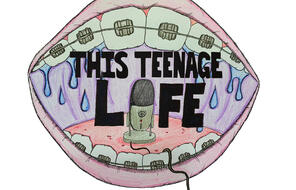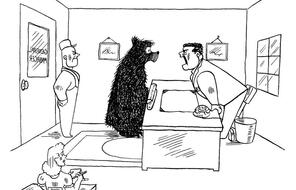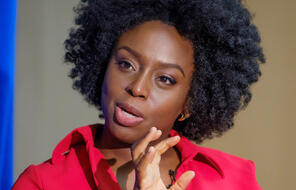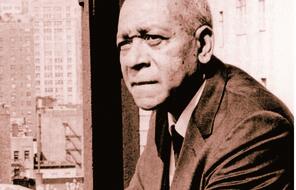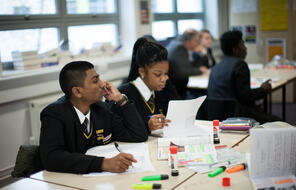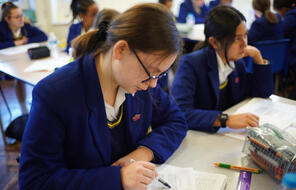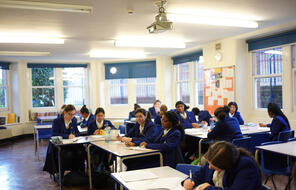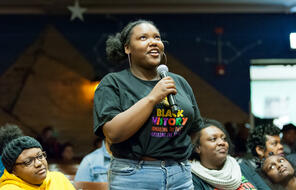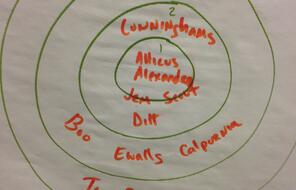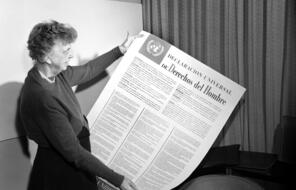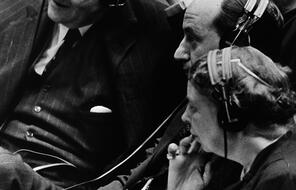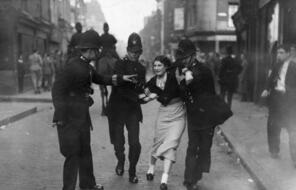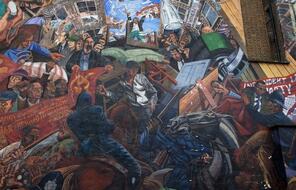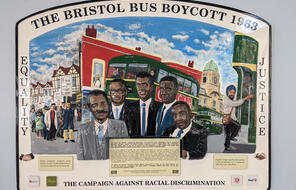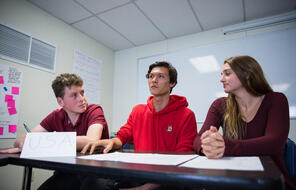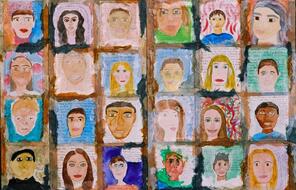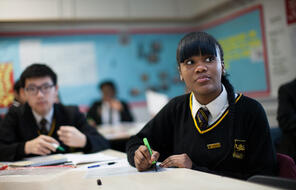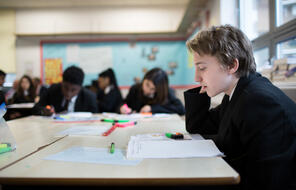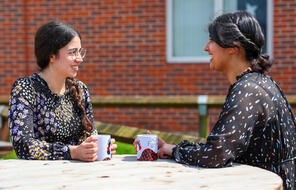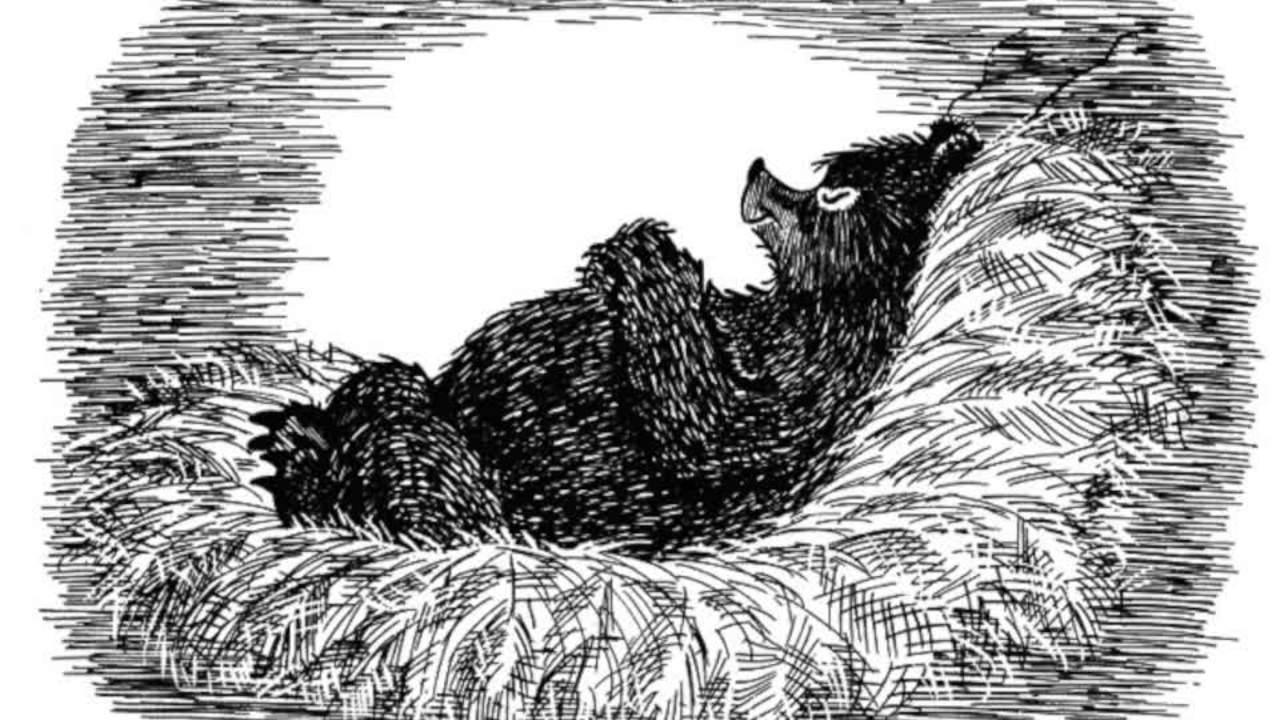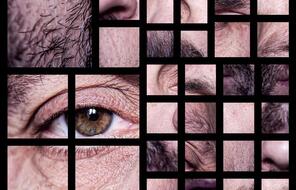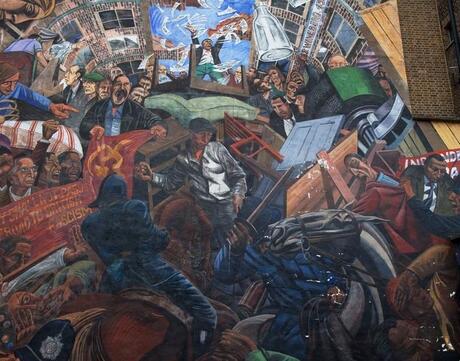
Standing Up for Democracy
Overview
About This Unit
“Society is a home we build together,” writes Rabbi Lord Jonathan Sacks. “Making something together breaks down walls of suspicion and misunderstanding.” 1 In recent years, however, a politics of difference has heightened suspicion and misunderstanding and threatened the ideals of liberal democratic society. This scheme of work is designed to inspire students to stand up for their democracy, and to help foster in them the critical thinking, mutual respect, and toleration necessary to renew the common enterprise of maintaining and sustaining a society together.
These 15 lessons, designed for use in classrooms in the United Kingdom, explore ideas and historical events that have global resonance. They are grouped together into four themes that are central to the mission of Facing History & Ourselves and at the heart of the process of bringing about a more humane, just, and compassionate society rooted in democratic values
- 1Jonathan Sacks, The Home We Build Together (New York: Continuum, 2008), 14–15.
Preparing to Teach
A Note to Teachers
Before you teach this unit, please review the following guidance to tailor this lesson to your students’ contexts and needs.
Lesson Plans
Unlimited Access to Learning. More Added Every Month.
Facing History & Ourselves is designed for educators who want to help students explore identity, think critically, grow emotionally, act ethically, and participate in civic life. It’s hard work, so we’ve developed some go-to professional learning opportunities to help you along the way.
Exploring ELA Text Selection with Julia Torres
On-Demand
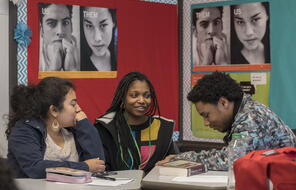
Working for Justice, Equity and Civic Agency in Our Schools: A Conversation with Clint Smith
On-Demand
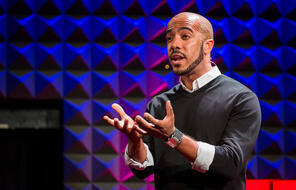
Centering Student Voices to Build Community and Agency
On-Demand
